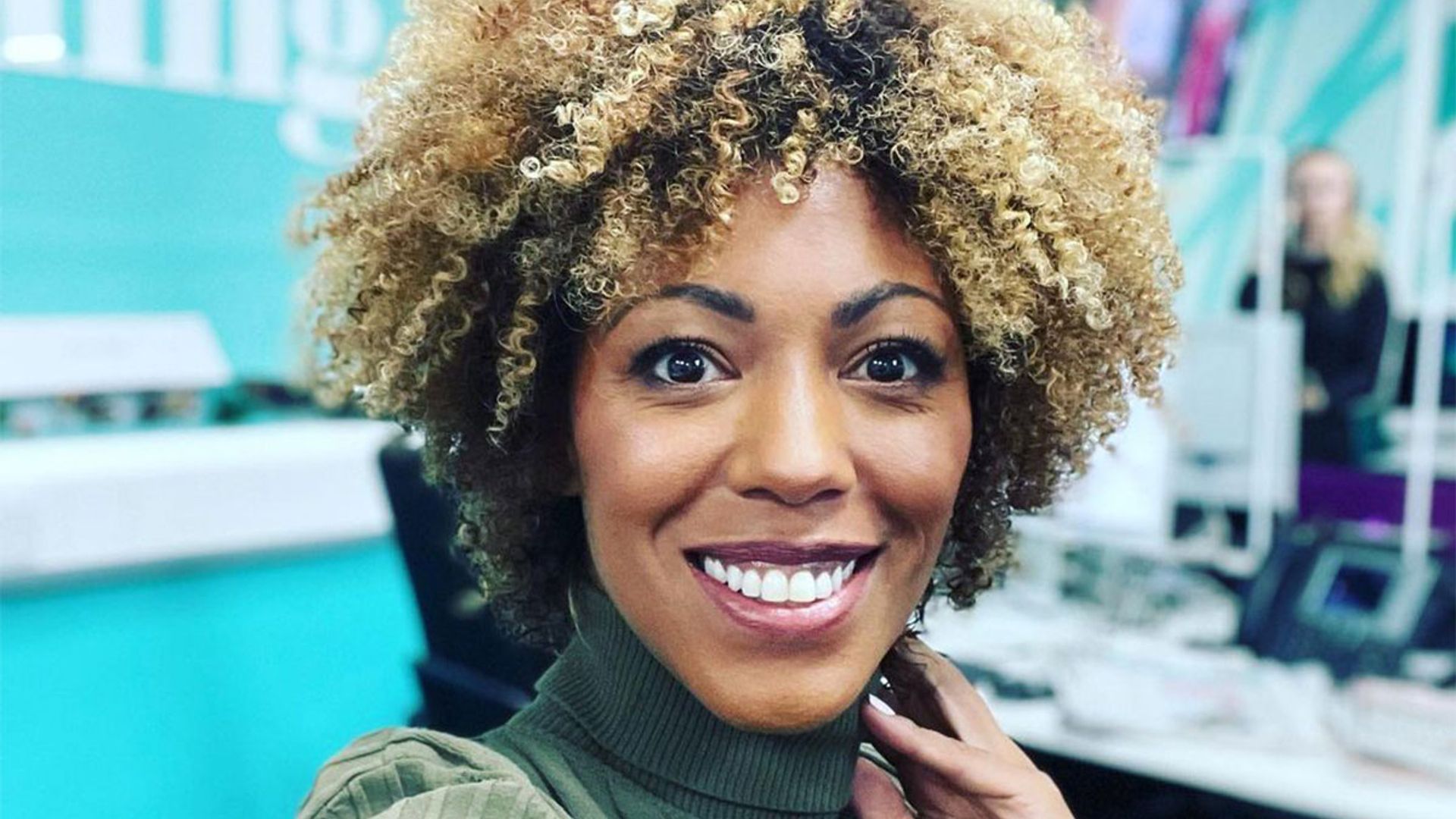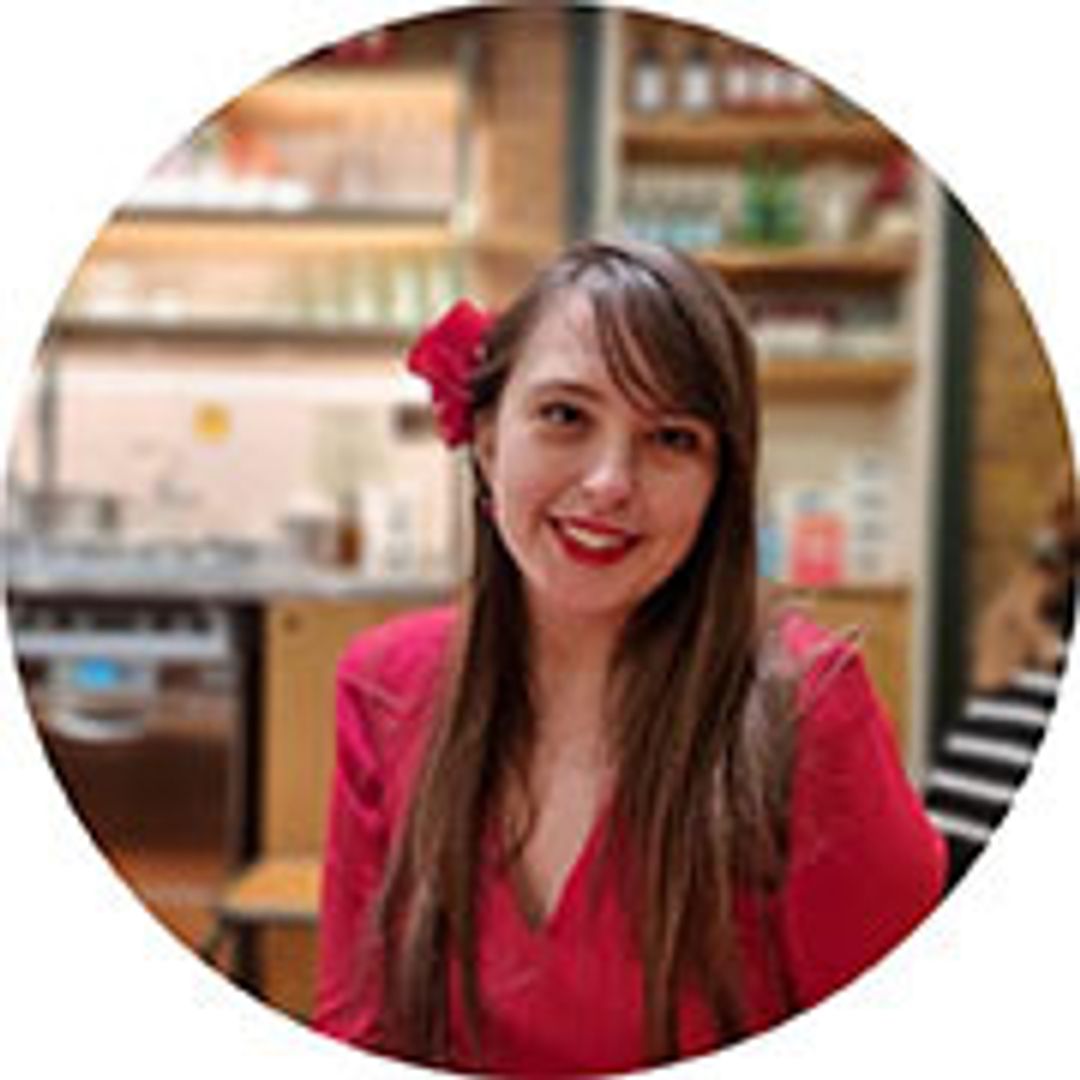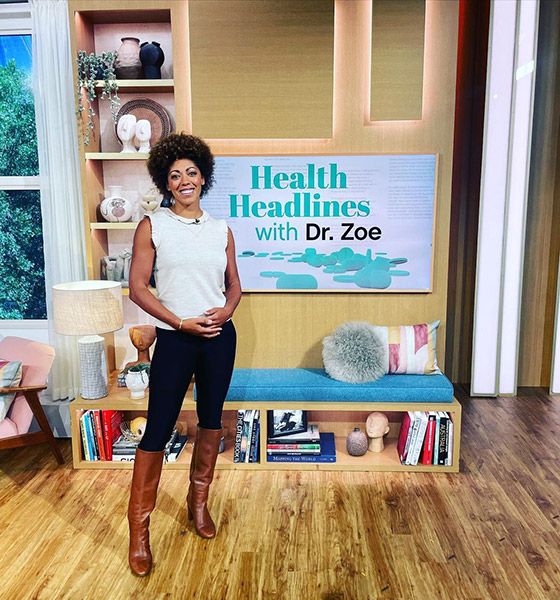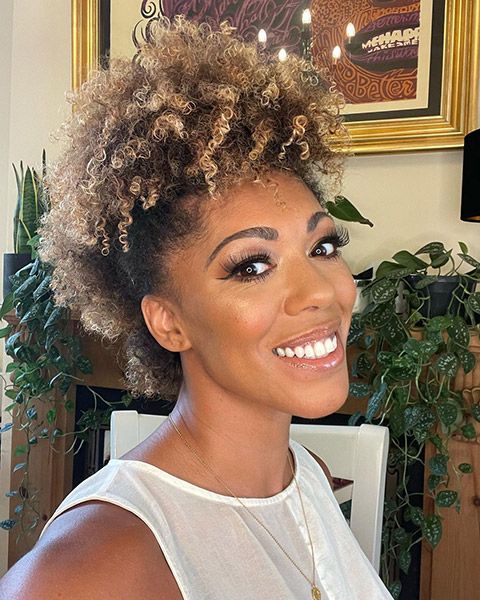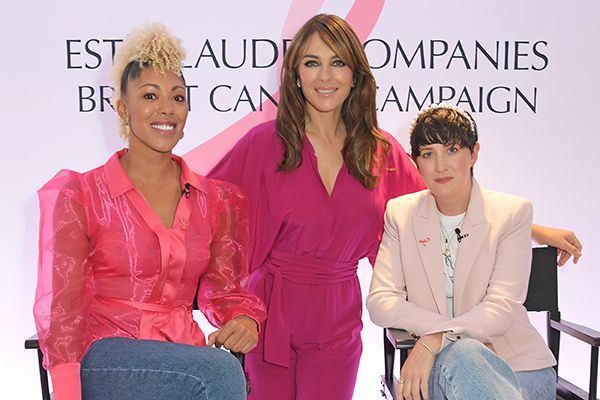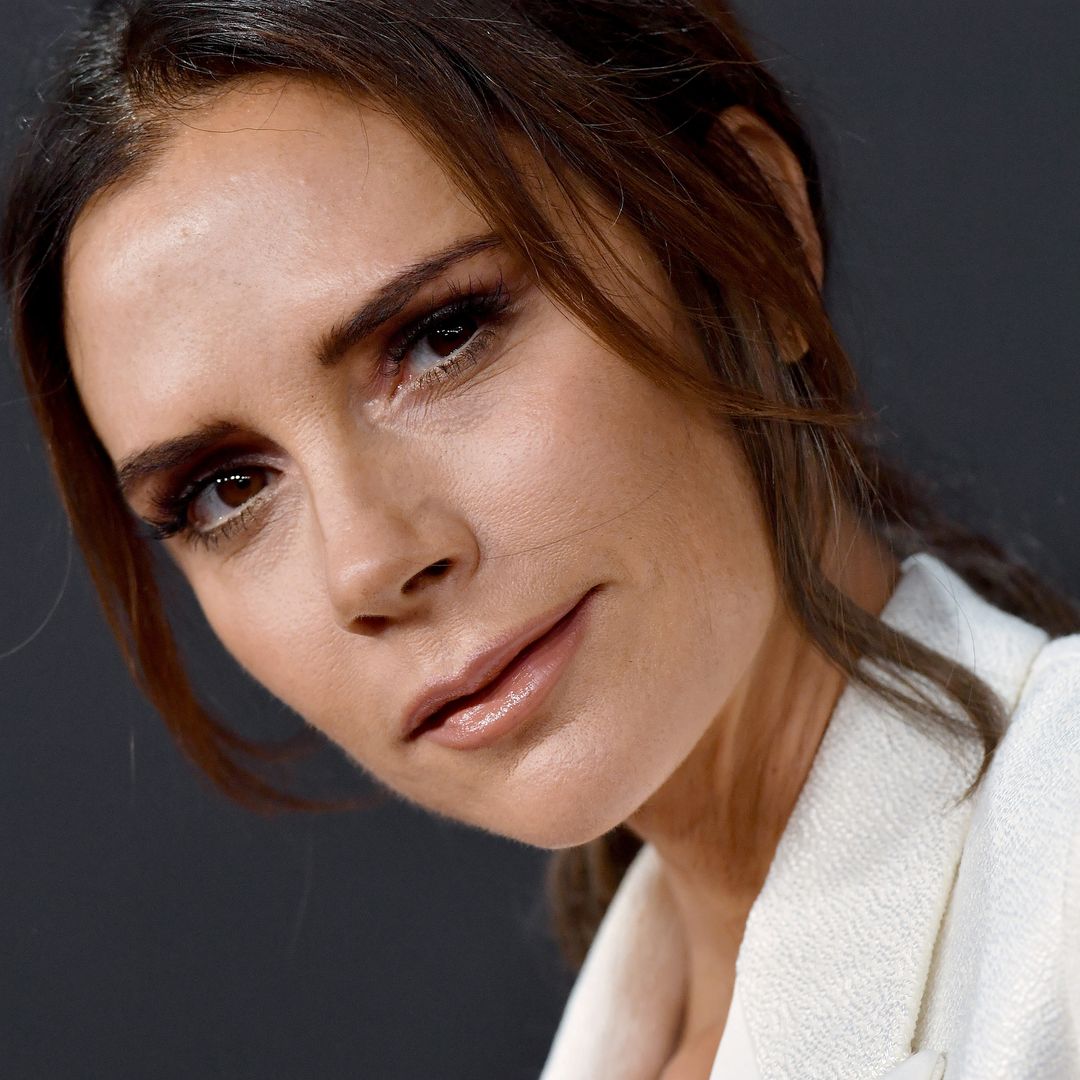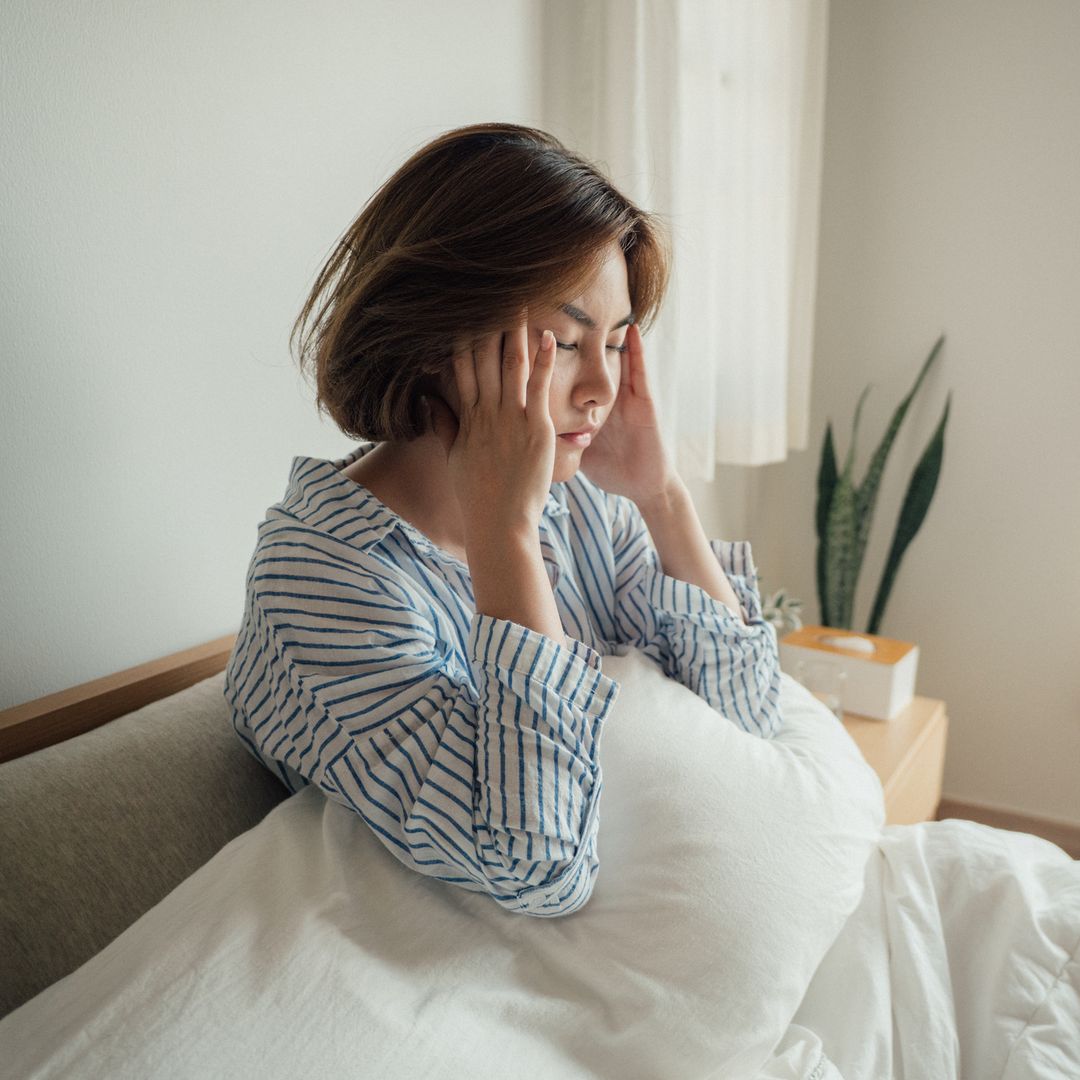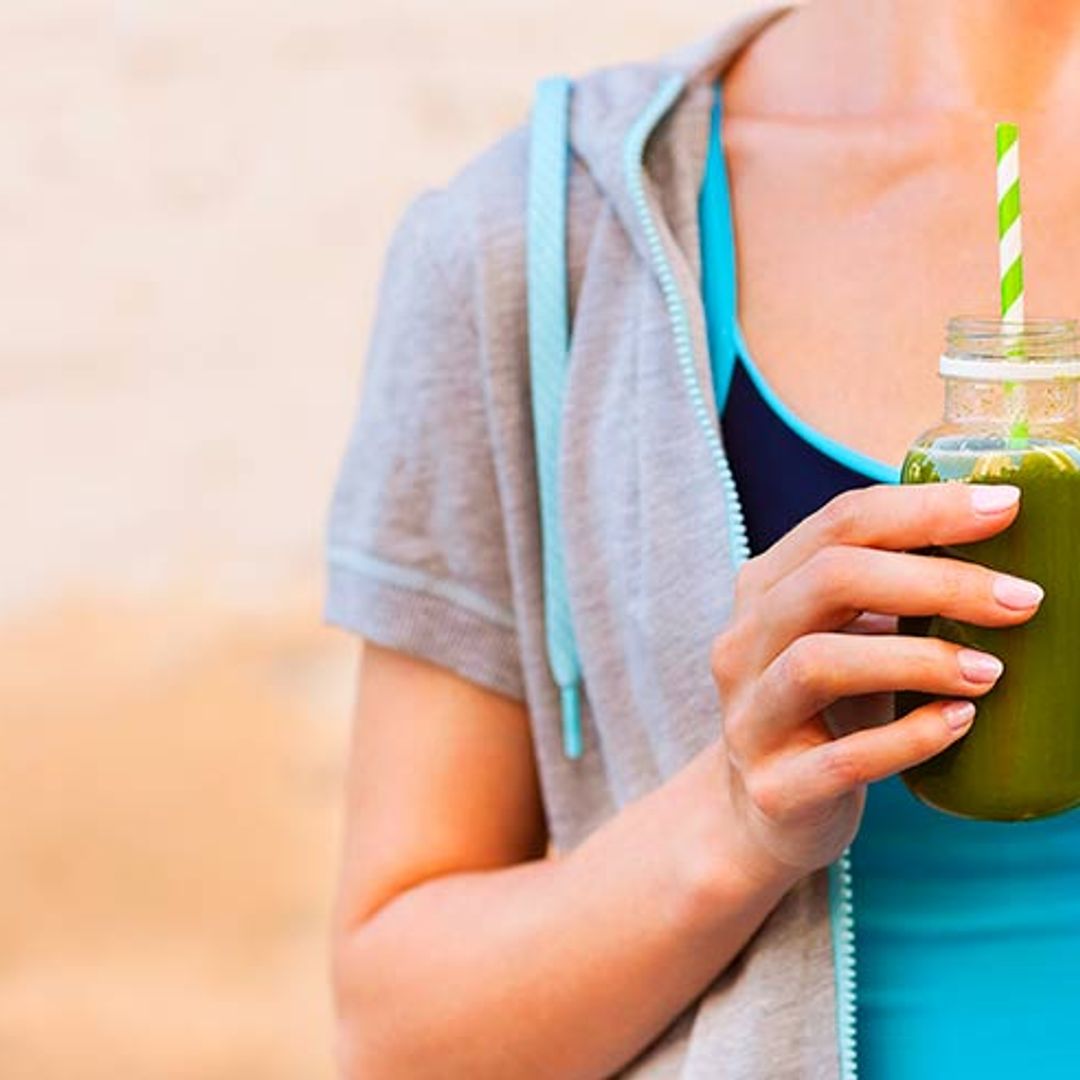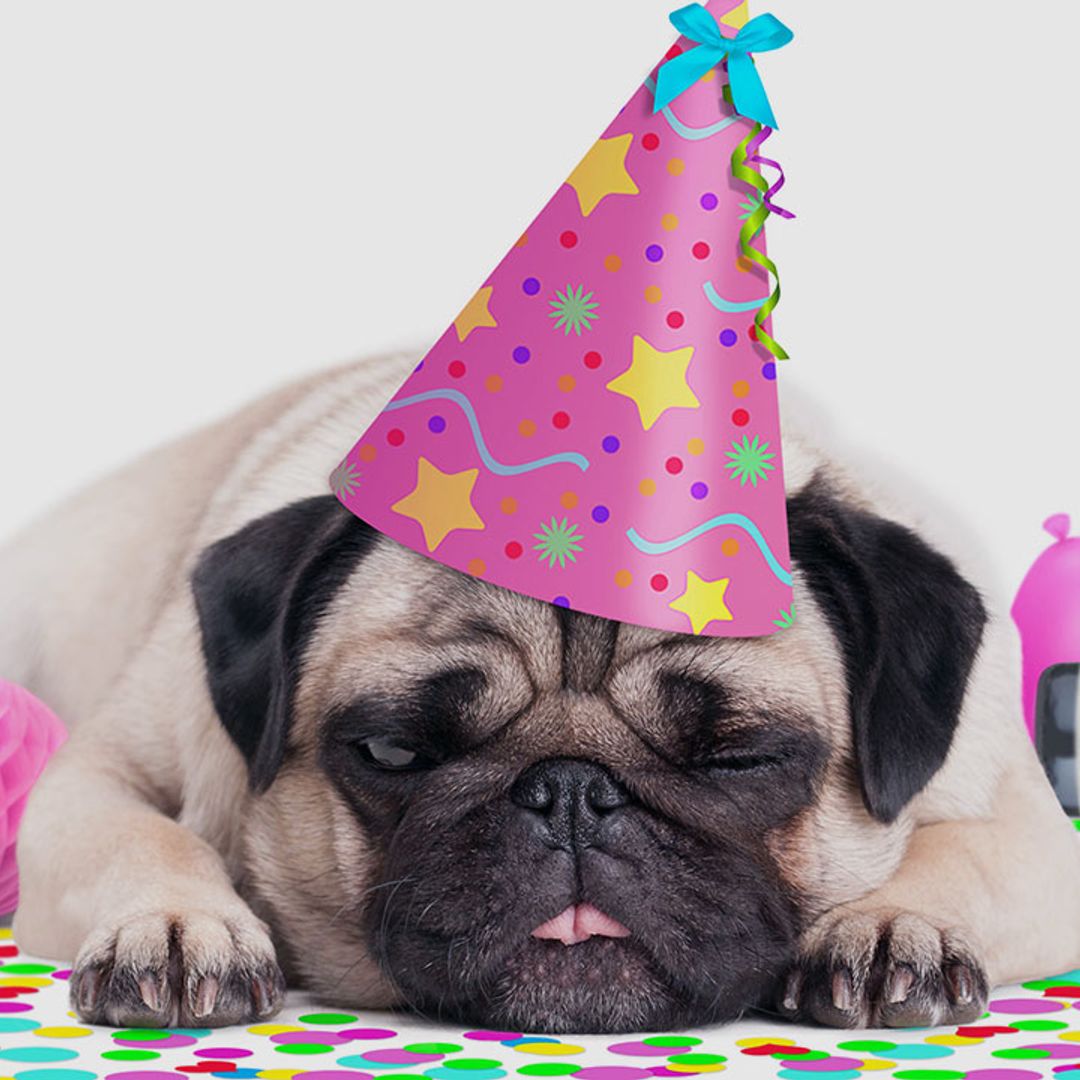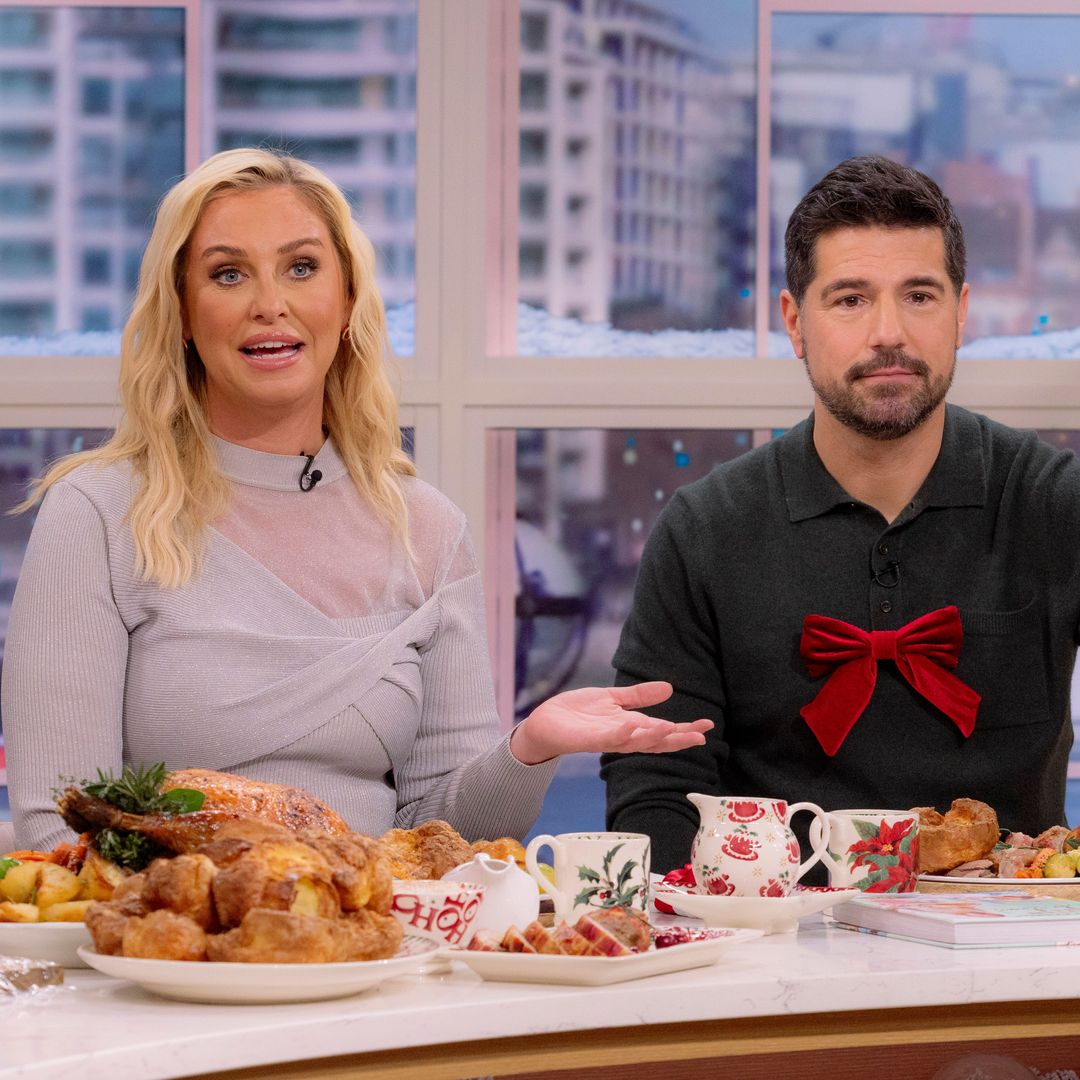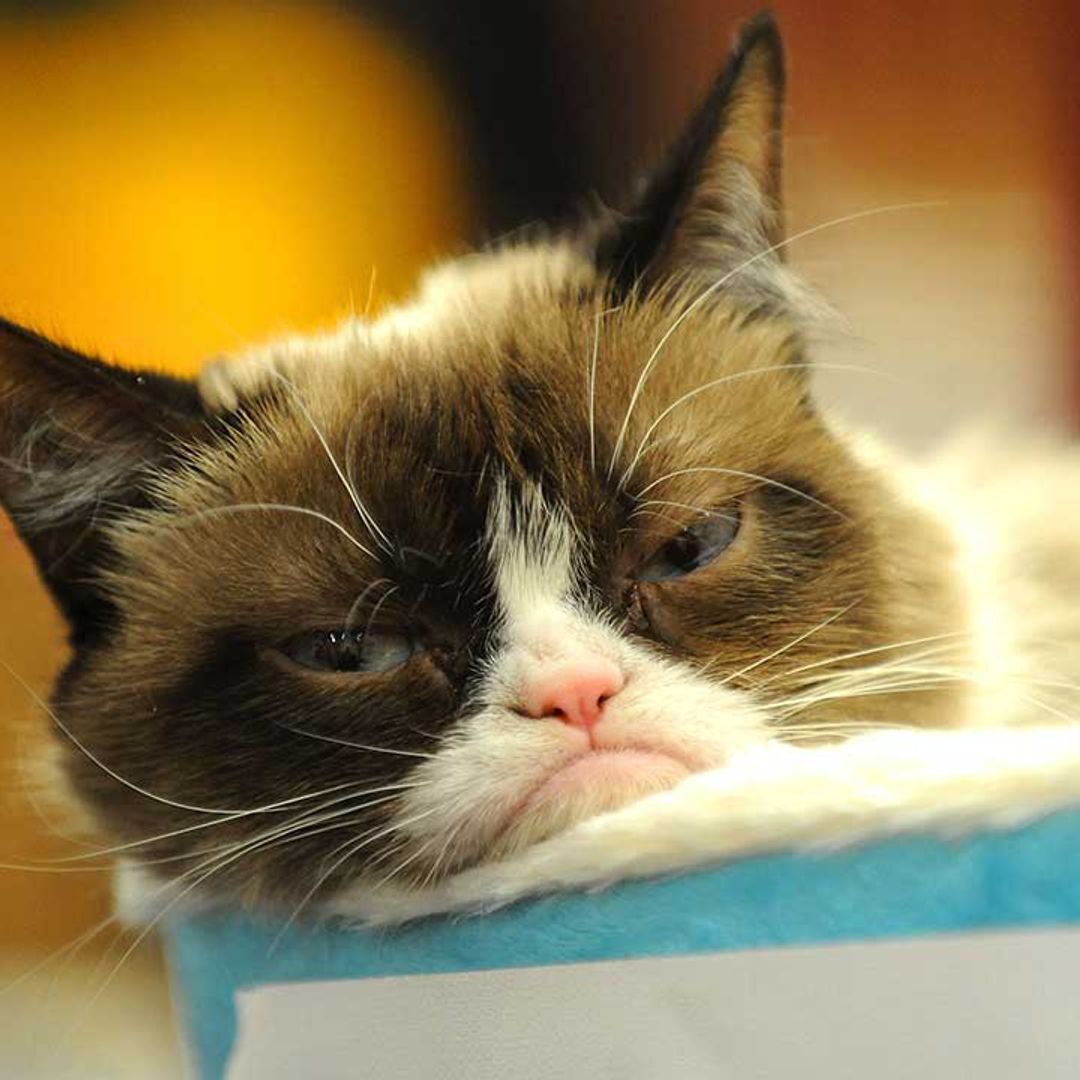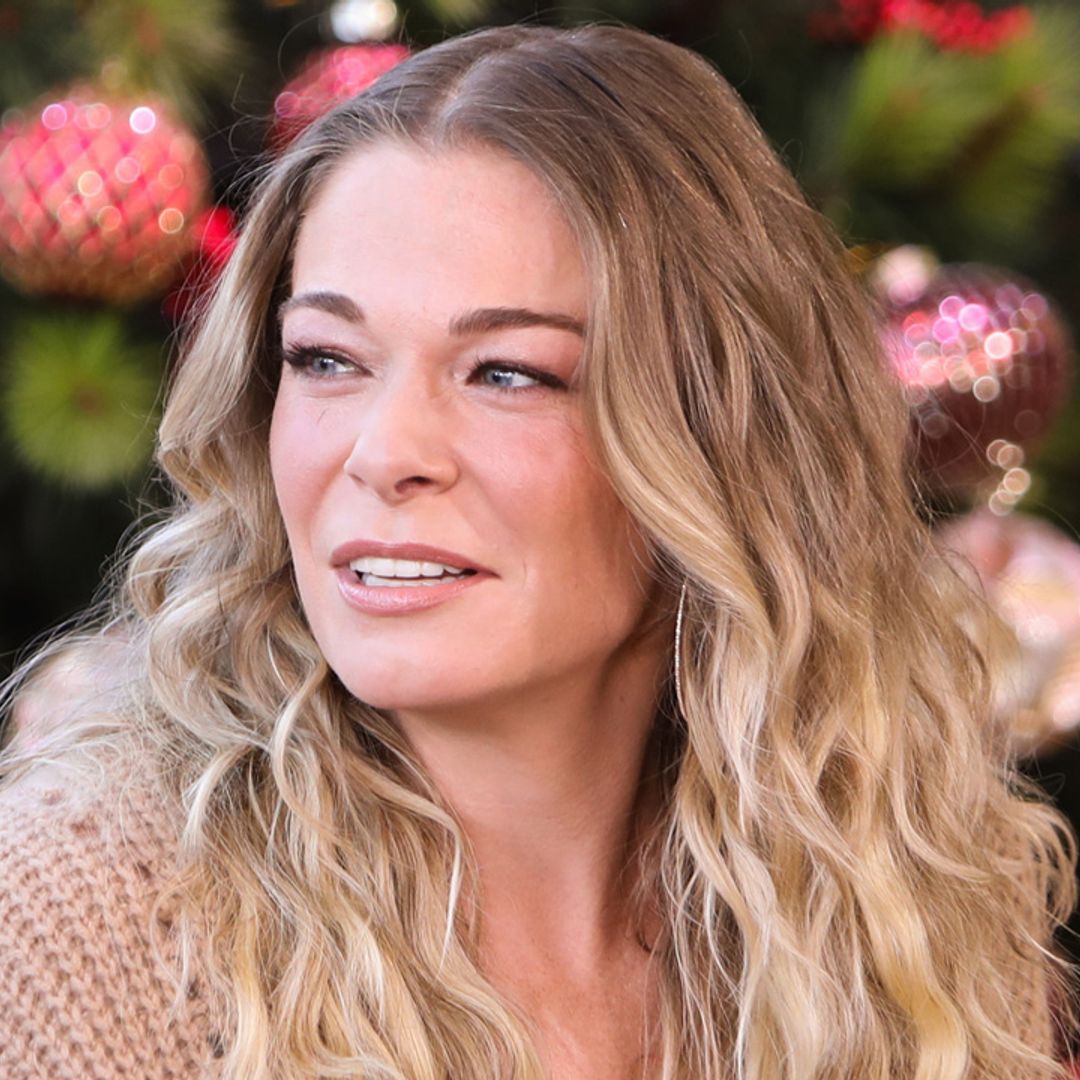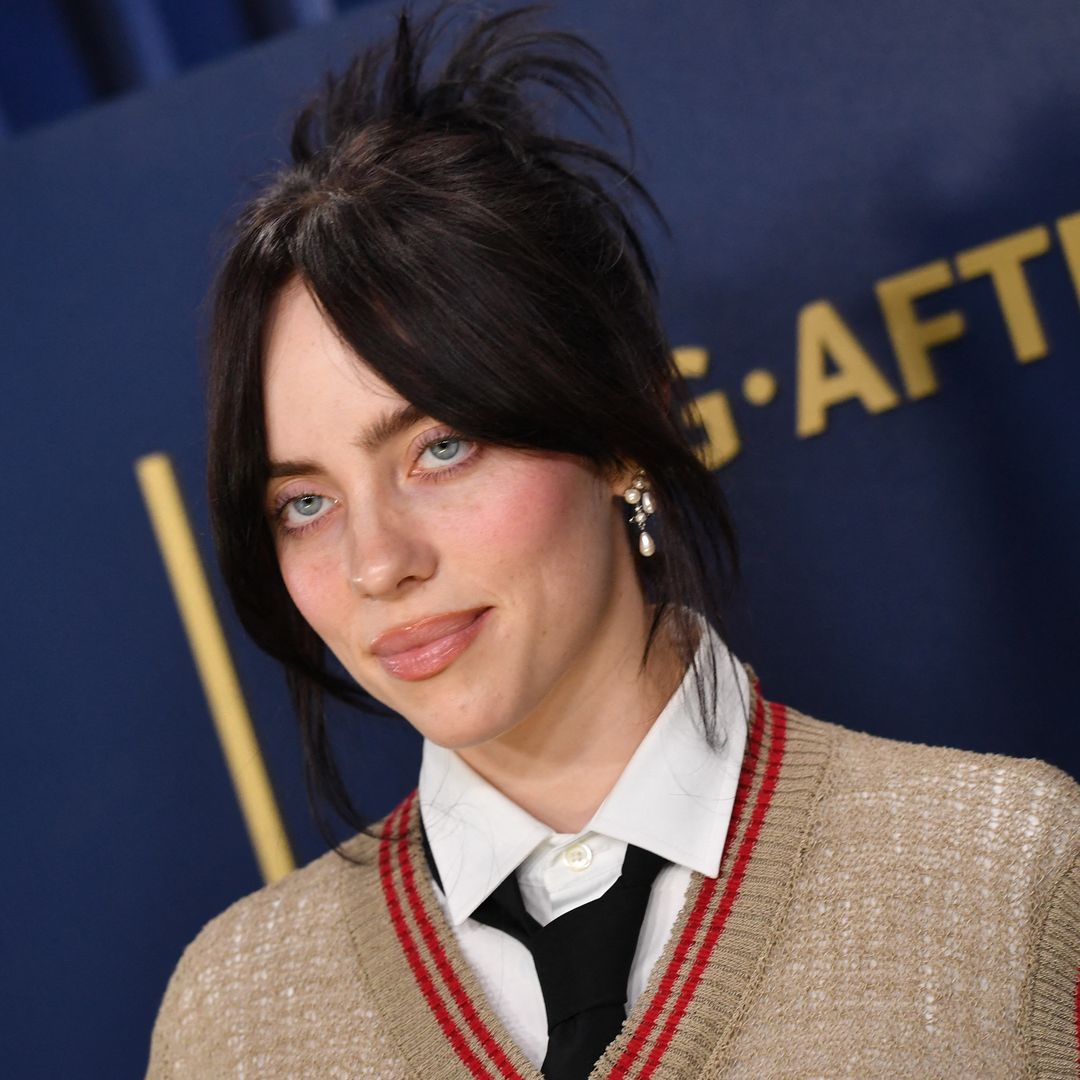This Morning's Dr Zoe Williams has offered her knowledge and expertise on self-checking in our Breast Cancer Awareness Month special.
EXCLUSIVE: Remembering Olivia Newton-John - Her family, Dolly Parton, Sir Cliff and more share memories
With her experience as a GP and in her role as the UK & Ireland Ambassador for The Estée Lauder Companies Breast Cancer Campaign, Dr Zoe lifted the lid on how to self-check your breasts and how often you should be checking.
The medic, who regularly appears on This Morning, also voiced her hopes that one day – with the advancements in science – no one will die from breast cancer.
In hope of achieving this, Dr Zoe championed the importance of enabling and empowering women to self-check their breasts…
Can you give us a step-by-step breakdown on how to self-check your breasts?
Dr Zoe: The most important thing is that you are checking. There are lots of different techniques. Some people say do it when you get your period, some people say don't. None of that really matters, just that you are checking regularly. Once a month is fine. And that you are checking all of the areas, that would mean both looking and feeling the entire breast but also the front of the chest wall above breast chest tissue up to the collarbone and also in the armpit.
WATCH: Beautiful tributes for Olivia Newton-John from her family and friends
When you are looking, you should try and look from the front and the side. You are looking for any changes in size or shape. Any visible lumps or changes to the skin or changes to the nipple and when you are feeling you are feeling for a lump or a firmness or something that is a change. Also, if you get any discharge from the nipple or any pain in the breast that's persisting. It can get confusing if people try to remember all of that but the main thing to remember is to feel and look at them regularly and then you are more likely to notice any changes.
Why is it important to raise awareness for breast cancer?
Dr Zoe: Breast cancer is actually a relatively common disease; 55,000 women are diagnosed with breast cancer every year and one in seven of women in the UK will develop breast cancer in their lifetime, so it is common. Most of us will know somebody who has breast cancer or knows someone who knows someone who had breast cancer. It's incredibly important that we talk about it, we're aware of it, it’s one of the forms of cancer that we can do something to protect ourselves from in terms of early identification, self-checking.
Dr Zoe is a regular medic on This Morning
And we know if breast cancer is found early, over 90% of people will survive it. I think sometimes talking about as a disease rather than using the word cancer is helpful. There is so much fear associated with cancer, people associate that word with death. The majority of people don’t die from their breast cancer.
What advantages are there for women checking their breasts?
Dr Zoe: I always say one of the few kind things breast cancer does for us is often gives us a clue it is there by way of a breast lump or a skin change or something that’s different. We're going to have the optimal chance of identifying that change if we know what our normal is. For the first time, you are just getting to know your normal.
Dr Zoe championed the importance of empowering women to self-check their breasts
If you can check roughly once a month, check your breasts, check the front of your chest, check your armpits. If you are checking regularly, then you know what your normal is, then you are automatically well prepared to identify if there is a change and you are more likely to be able to pick something up early if you go on to be someone who is affected by breast cancer.
When should women see a GP?
Dr Zoe: If you've noticed a change, whatever that change is – for instance a lump, nipple discharge or pain without any obvious reason – if it persists. It's fine to monitor it yourself for the first couple of weeks because lots of people have lumpy breasts, have a change in the size of their breasts before their period for example. If you have something that is unusual for you and it persists for two weeks or more, then it's important to get it checked by your GP. You don't have to wait two weeks, however, if you are very worried.
What would you describe as a lump?
Dr Zoe: The word 'lump' is very non-specific. I think it's good to use a non-specific word because there isn't one particular type of lump that should be checked. Any new lump should be checked but there are some features to a lump that would be more concerning. Say for example you feel something like a pea, that feels very round and very smooth and very mobile, moves around a lot in the skin. Those are reassuring signs with a lump. That maybe more likely to be a cyst.
MORE: Elizabeth Hurley reveals enormous sadness over grandmother’s breast cancer battle
REVEALED: Olivia Newton-John’s niece Tottie Goldsmith makes special promise to her in moving letter
Features of a lump that would be more concerning would be if it felt rough, if it felt hard, jagged or attached to things and you can’t move it around freely. I sometimes say a rough feeling jagged stone. That would be a much more concerning feature of a lump but that’s really something a doctor to access and examine.
Should men check for breast cancer, too?
Dr Zoe: Basically, people of all genders – whatever a person’s gender is or however they identify – anybody can get breast cancer. Everybody should be checking their breasts or their chests regularly.
What work has Estée Lauder been doing to encourage under-represented groups to get involved in the breast cancer discourse?
Dr Zoe: Estée Lauder are doing some really great work. I have been working with them for the past few years on their breast cancer work and this year I have come aboard as a new UK Ambassador. One of the things that I have been supporting them with – which I feel is so important – is that they look for ways to engage and hear the voices of women under-represented groups. While we know about half of women aren’t checking regularly, the self-checking rates are even lower in women under the age of 40 and black women and south Asian women.
Dr Zoe in her role with Estée Lauder as she joins Elizabeth Hurley and Lauren Mahon
Estée Lauder has been reaching out specifically to these communities and finding out what their experiences of breast cancer are and have been, giving them a voice and empowering them. I was so privileged to sit in on one meeting. It was amongst black women who have had or currently have breast cancer to hear about some of their experiences, how their families and their communities may view breast cancer differently to white people and how that can actually prevent people from seeking attention early.
Breast cancer doesn't tend to affect black women more than white women but they're more likely to die of it because they're more likely to present a more advanced disease. Some of that is down to culture, some of that is down to the systemic racism in the NHS, maybe other things that are going on. I remember coming out of that meeting, I wish every healthcare professional could be a fly on the wall and could have heard that.
REVEALED: Gayle King on why interviewing Olivia is a career highlight
READ: Didi Conn praises John Easterling's loving gesture for his wife Olivia Newton-John
It would revolutionise breast cancer care for women. I am really, really proud to be an ambassador for Estée Lauder in their breast cancer campaign work. Having worked for them for the past few years, they really listen to the women who are living with the disease. Whilst we have breast cancer awareness in October, and that’s really important, everybody talks about it, but people who are living with it – the conversation needs to not be condensed into one month, it needs to be spread across the year.
What encouraged you to raise awareness for breast cancer?
Dr Zoe: I think for me it's the fact that if everybody was self-checking and everybody developed that skill from a young age, to be able to identify a change in their breasts, it wouldn't save everybody because even with the best self-checking technique you wouldn’t spot it, but it would save so many lives. It wouldn't stop people from getting breast cancer but it would mean we would pick up so many more breast cancers at stage one.
Breast cancer at stage one is a highly survivable disease. More than 90% of people will survive that and also the treatments you are likely to need are a lot less invasive. I lost a patient to breast cancer, a patient I was quite close to, when I was a GP trainee. It was a lady I knew very well. Mostly because her mum had a lot of health needs, I looked after her mum so I used to see this lady all the time because she was a carer for her mum. One day I was called to see her and she had very, very advanced breast cancer and she died a few weeks later. She never told me. She knew and never told me.
She didn't want to worry her family. This is a disease that hopefully one day if the advancement in science continues, hopefully one day no one will die from breast cancer but a big part of that is enabling and empowering people to self-check…
GP, Dr Zoe Williams is a UK & Ireland Ambassador, for The Estée Lauder Companies Breast Cancer Campaign which aims to give a voice to under-represented communities and empower them to regularly self-check or regularly check their breasts This year is the 30th anniversary of The Estée Lauder Companies’ Breast Cancer Campaign – it is now more important than ever to encourage every body from every community to break down the barriers to self-checking and be breast aware. For more information, visit: www.elcompanies.co.uk/BCC
